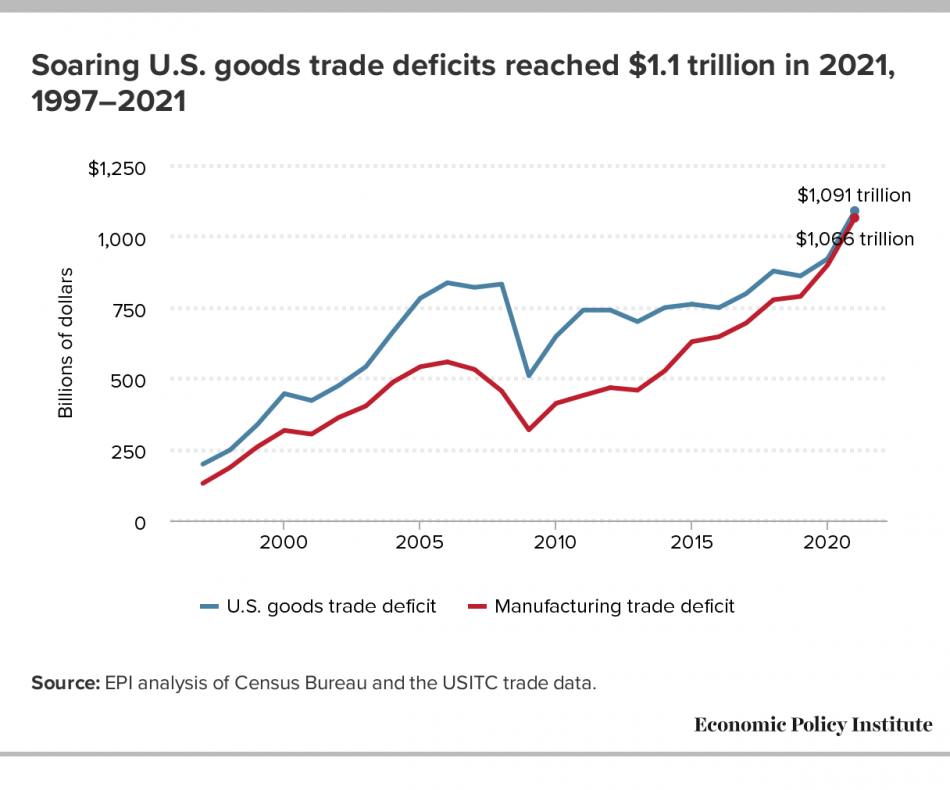Navigating The Chinese Market: The Struggles Faced By BMW, Porsche, And Other Automakers

Table of Contents
Intense Domestic Competition
The rise of powerful domestic brands like Geely, Great Wall Motors, and BYD presents a formidable challenge to established luxury players like BMW and Porsche in the China automotive market. These Chinese automakers are no longer simply offering budget-friendly options; they are producing vehicles with comparable technology and features, often at significantly lower price points. This aggressive pricing strategy directly undercuts the premium pricing strategies long employed by international brands, impacting brand perception and market share.
- Increasing quality and technological sophistication of Chinese brands: Domestic manufacturers are rapidly closing the gap in technology, offering advanced features like electric powertrains, autonomous driving capabilities, and sophisticated infotainment systems.
- Aggressive pricing strategies by domestic competitors: Chinese brands often undercut international competitors, making their vehicles more attractive to price-sensitive consumers, a significant segment of the Chinese market.
- Growing preference for domestic brands among Chinese consumers: National pride and a growing trust in domestic brands are contributing to a shift in consumer preferences, challenging the long-held brand loyalty towards established international names.
- Difficulty maintaining premium pricing in the face of local competition: The pressure of domestic competition makes it increasingly difficult for luxury brands to justify their higher price tags, necessitating a reassessment of pricing and value propositions.
Understanding Unique Consumer Preferences
Success in the Chinese market hinges on understanding the nuances of consumer behavior. Chinese consumers’ preferences differ significantly from their Western counterparts. Factors like social status, technological innovation, and online reputation significantly influence purchasing decisions. This necessitates a sophisticated marketing strategy tailored to resonate with this unique demographic.
- Emphasis on technological features and connectivity: Chinese consumers highly value cutting-edge technology and seamless connectivity features in their vehicles. This includes advanced driver-assistance systems, sophisticated infotainment systems, and strong integration with mobile devices.
- Growing preference for electric and hybrid vehicles: Driven by government policies and increasing environmental awareness, there's a substantial and rapidly growing demand for electric and hybrid vehicles in China.
- Importance of social media and online reviews in brand perception: Online reputation and social media influence are paramount in shaping consumer perceptions and brand loyalty. Negative online reviews can significantly damage a brand's image.
- Need for tailored marketing campaigns that resonate with Chinese consumers: Marketing strategies must be carefully localized to resonate with specific cultural values, preferences, and communication styles within the Chinese market. This extends beyond simple translation; it requires deep cultural understanding.
Navigating Regulatory Hurdles and Infrastructure
China's regulatory environment presents significant challenges for international automakers. High import tariffs, stringent local content requirements (requiring a certain percentage of vehicle components to be sourced domestically), and evolving emission standards all increase the complexity and cost of doing business. Effective supply chain management and navigating bureaucratic processes are crucial.
- High import tariffs increasing the cost of imported vehicles: Significant tariffs make imported vehicles more expensive, reducing their competitiveness against locally produced alternatives.
- Stricter emission standards requiring significant technological investment: Meeting China's increasingly stringent emission standards requires substantial investment in research and development and the adoption of new technologies.
- Complex regulatory processes and bureaucratic hurdles: Navigating the complexities of Chinese regulations and bureaucracy can be time-consuming and resource-intensive.
- Challenges in establishing efficient and reliable supply chains: Establishing and maintaining reliable and efficient supply chains within China's vast and dynamic market requires careful planning and strong local partnerships.
The Impact of the Ever-Changing Geopolitical Landscape
The geopolitical landscape significantly influences the Chinese automotive market. Trade tensions, economic fluctuations, and political uncertainties introduce considerable risk into long-term investment decisions. Automakers must incorporate robust risk management strategies into their plans.
- Impact of trade disputes on import tariffs and market access: Trade disputes can lead to unpredictable changes in import tariffs and market access, creating instability for international automakers.
- Uncertainty surrounding future government policies and regulations: The constantly evolving regulatory environment necessitates a flexible and adaptable approach to business strategy.
- Potential disruptions to supply chains due to geopolitical events: Geopolitical events can disrupt supply chains, leading to production delays and increased costs.
- Need for robust risk management strategies: A proactive and comprehensive risk management strategy is crucial for mitigating the impact of geopolitical uncertainties.
Conclusion
The Chinese automotive market presents immense potential, but success demands a thorough understanding of the unique challenges facing luxury automakers like BMW and Porsche. Intense domestic competition, ever-evolving consumer preferences, regulatory hurdles, and geopolitical factors all contribute to a complex and dynamic environment. Successfully navigating the Chinese market requires a sophisticated and adaptable market entry strategy that addresses these key challenges. To thrive in this lucrative yet demanding market, further research into best practices for navigating the Chinese market is essential. Only with a deep understanding of these complexities can international automakers hope to establish a strong and sustainable presence in this vital market.

Featured Posts
-
 The Most Stressful Tv Show Of The Year A New Crime Drama Takes Center Stage
Apr 25, 2025
The Most Stressful Tv Show Of The Year A New Crime Drama Takes Center Stage
Apr 25, 2025 -
 Dallas Cowboys Draft Could Texas Wr Matthew Golden Be A Round One Pick
Apr 25, 2025
Dallas Cowboys Draft Could Texas Wr Matthew Golden Be A Round One Pick
Apr 25, 2025 -
 Canadas Election 2023 Ignoring The Trump Elephant In The Room
Apr 25, 2025
Canadas Election 2023 Ignoring The Trump Elephant In The Room
Apr 25, 2025 -
 How Election Promises Lead To Budget Deficits An Economic Analysis
Apr 25, 2025
How Election Promises Lead To Budget Deficits An Economic Analysis
Apr 25, 2025 -
 Navigating The Chinese Market The Struggles Faced By Bmw Porsche And Other Automakers
Apr 25, 2025
Navigating The Chinese Market The Struggles Faced By Bmw Porsche And Other Automakers
Apr 25, 2025
